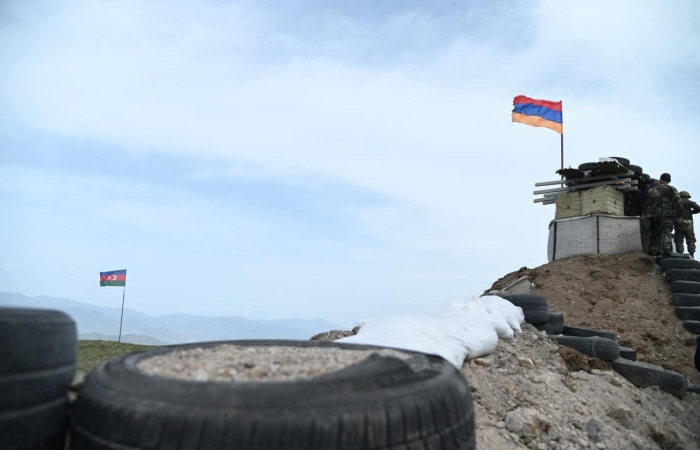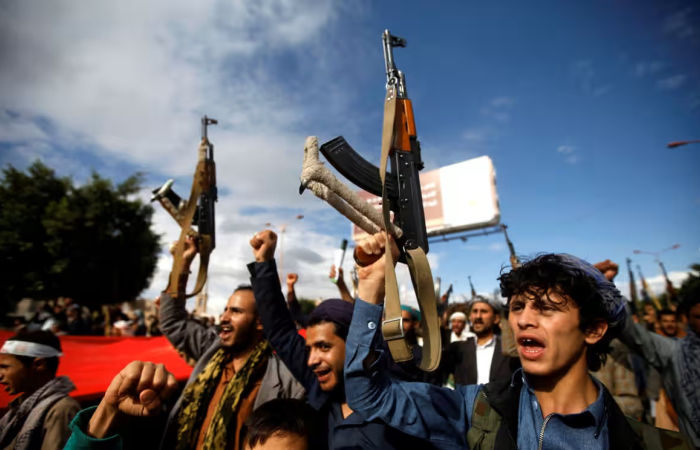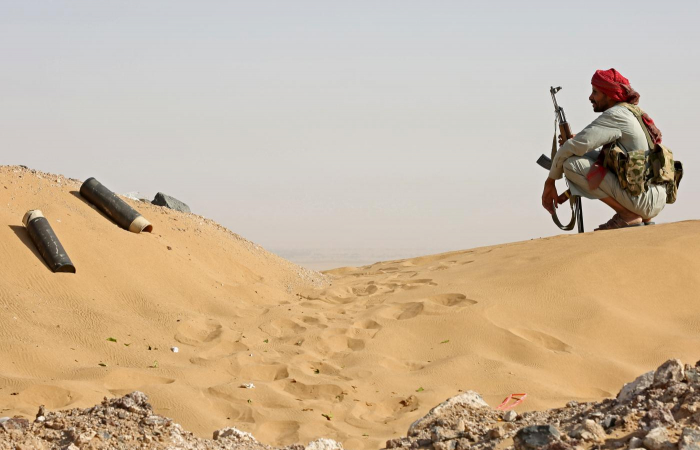Trending
Work launched on "an ambitious EU-Armenia Partnership Agenda"
14 February 2024
The European Union and Armenia have launched work on a new "ambitious partnership agenda". This was announced by EU High Representative for Foreign and Security Policy, Josep Borrell at the end of a meeting of the EU Armenia Partnership Council. Foreign Minister Ararat Mirzoyan led the Armenian side during the discussions.
At the end of the meeting Borrell spoke to the media. Addressing Foreing Minister Mirzoyan, Borrell said: "In October in the European Parliament, your Prime Minister [Nikol Pashinyan] said that Armenia is ready to move closer to the European Union.
In response, last October, the European Council, at the highest political level of the European Union, tasked me and the [European] Commission to explore ways to strengthen our relations - EU-Armenia relations - “in all their dimensions”.
In this context, today we decided to launch work on an ambitious new EU-Armenia Partnership Agenda.
This decision sends a strong signal of our mutual interest in a new strategic phase in our relations, and it will provide a clear roadmap and a vision for the way forward.This is about the future. The future starts today".










